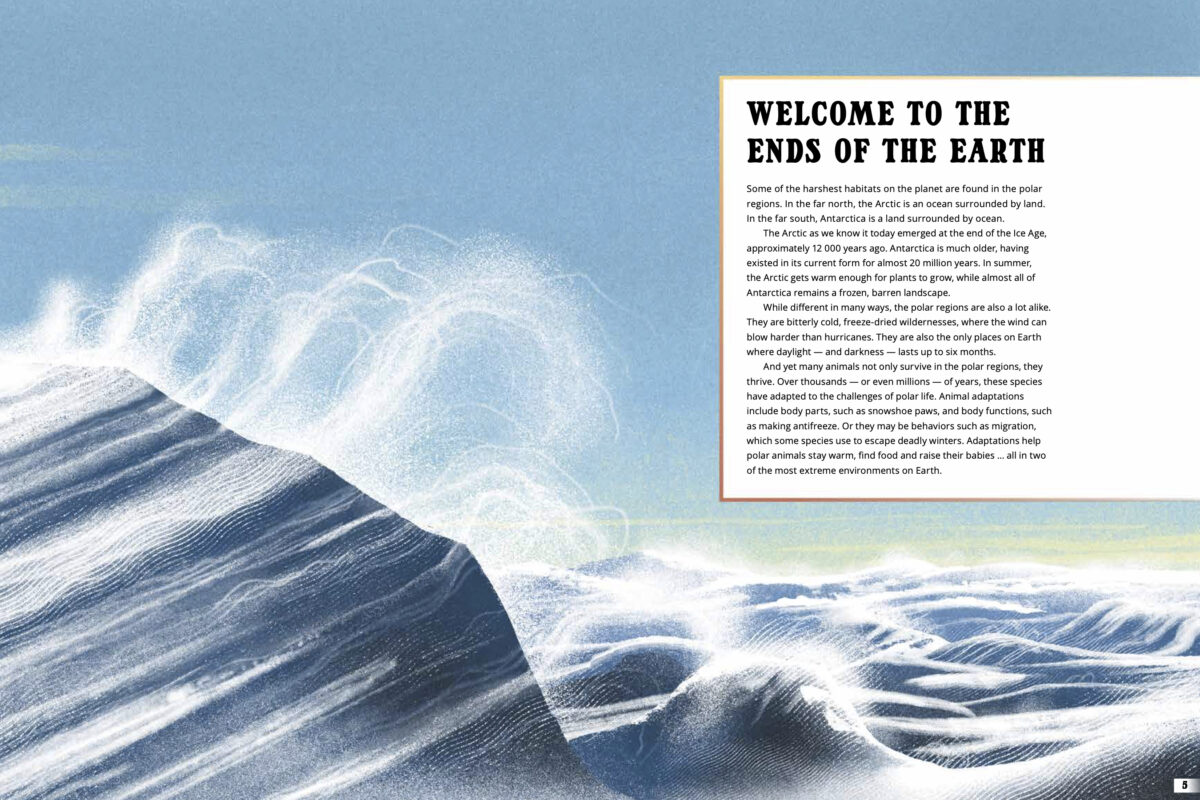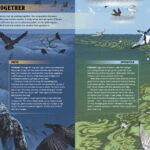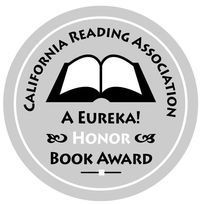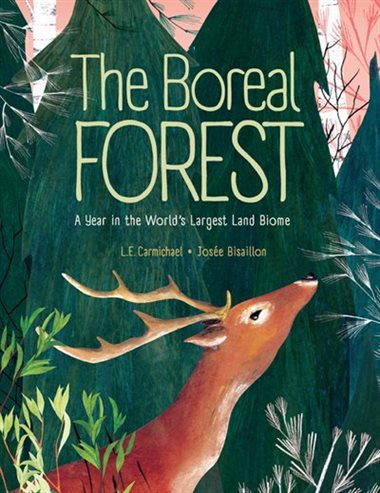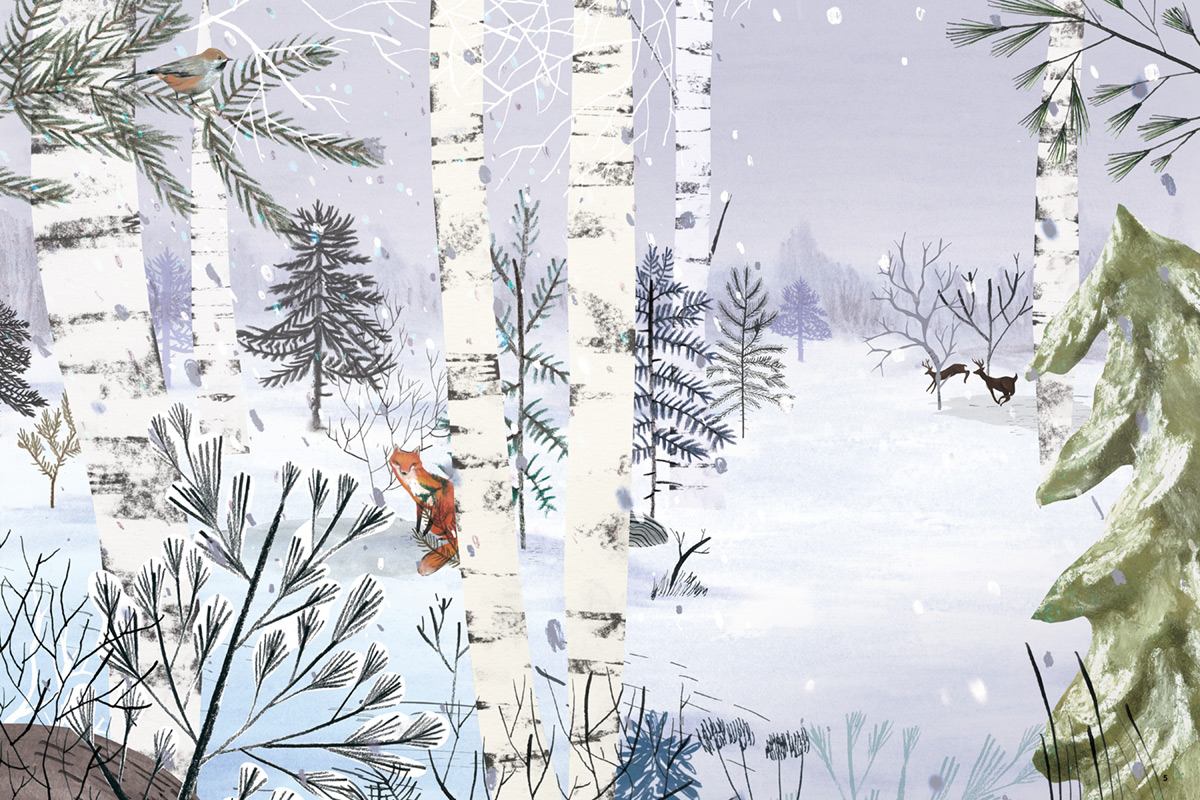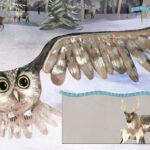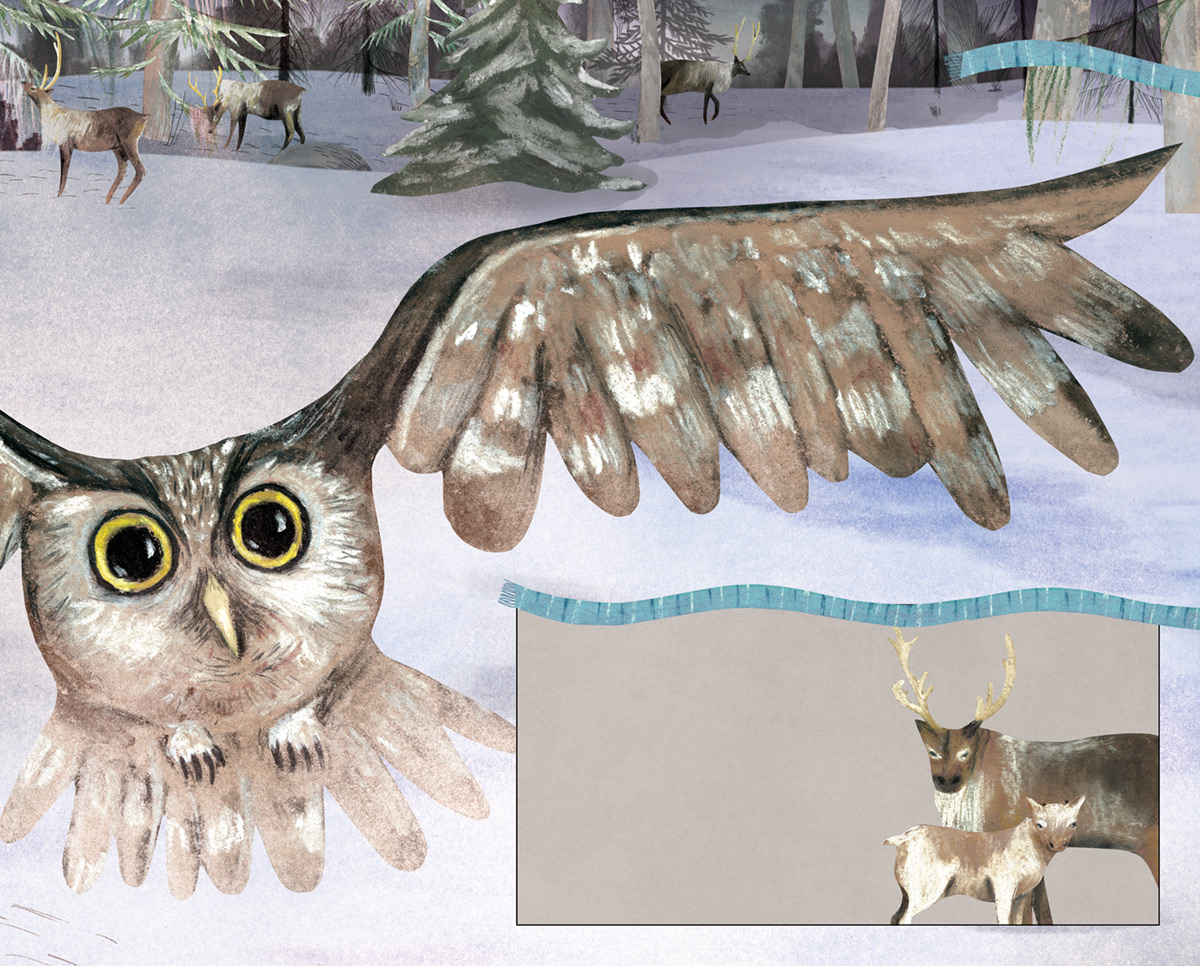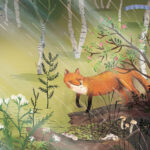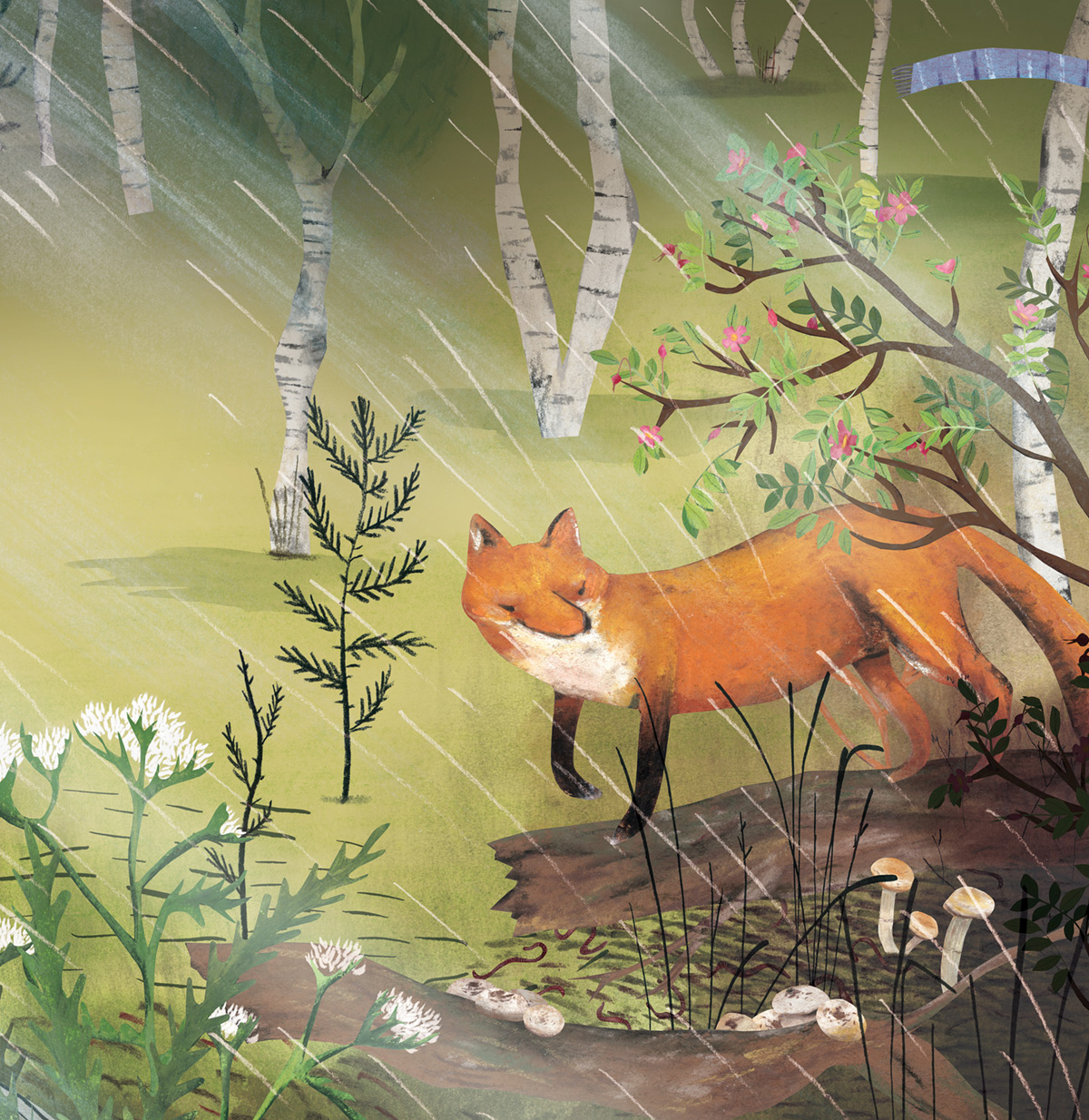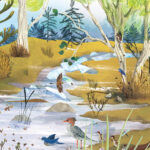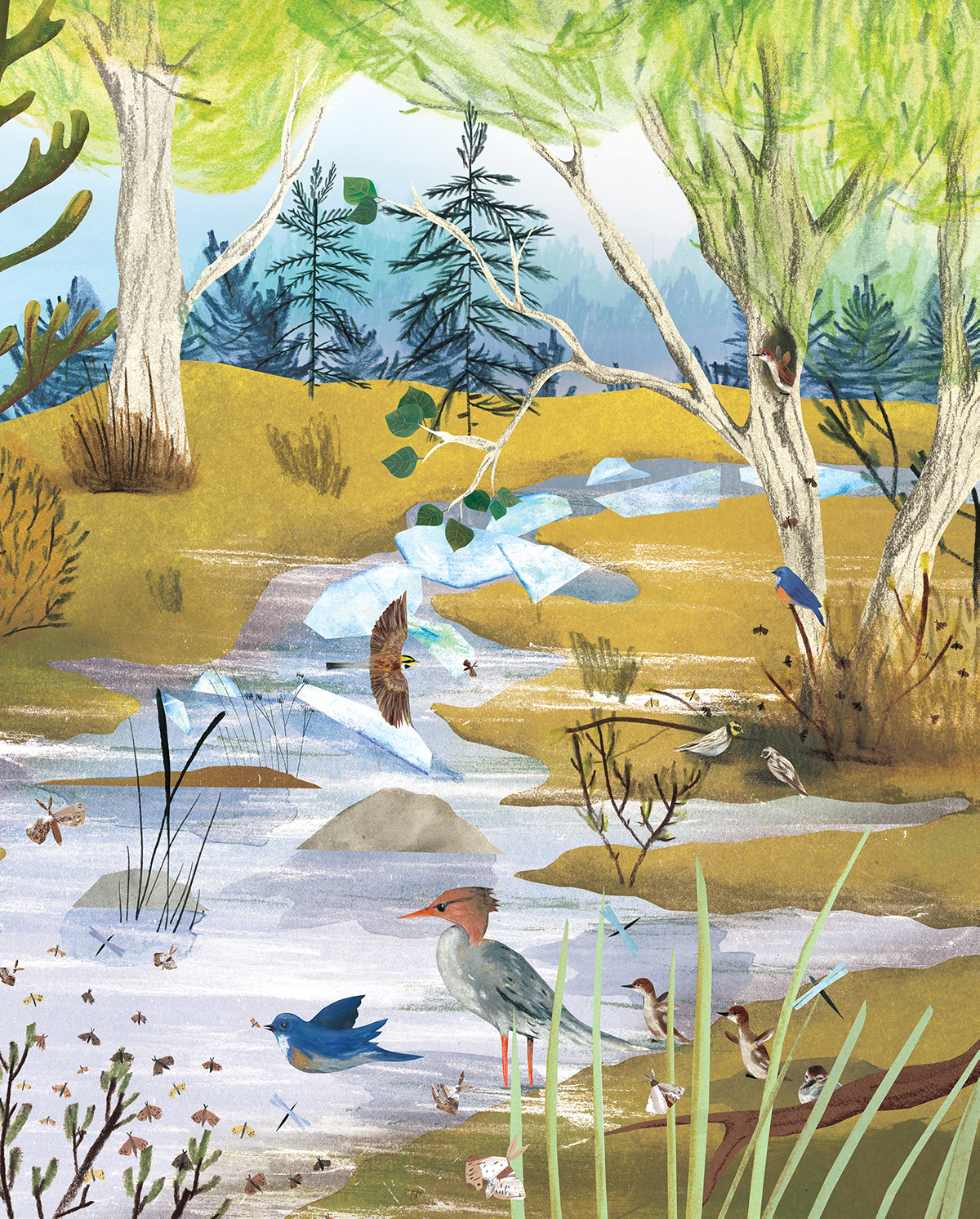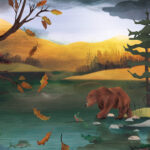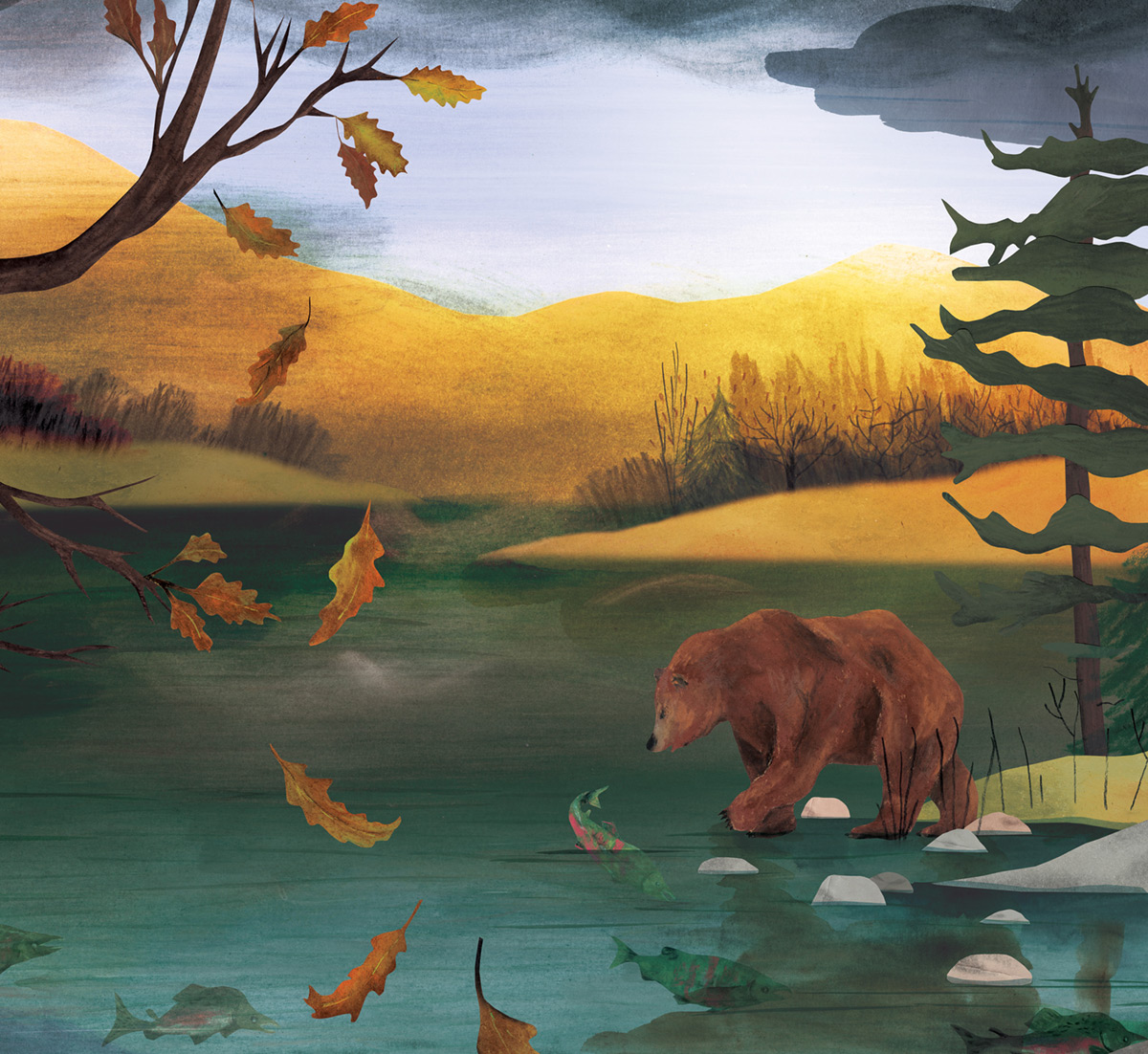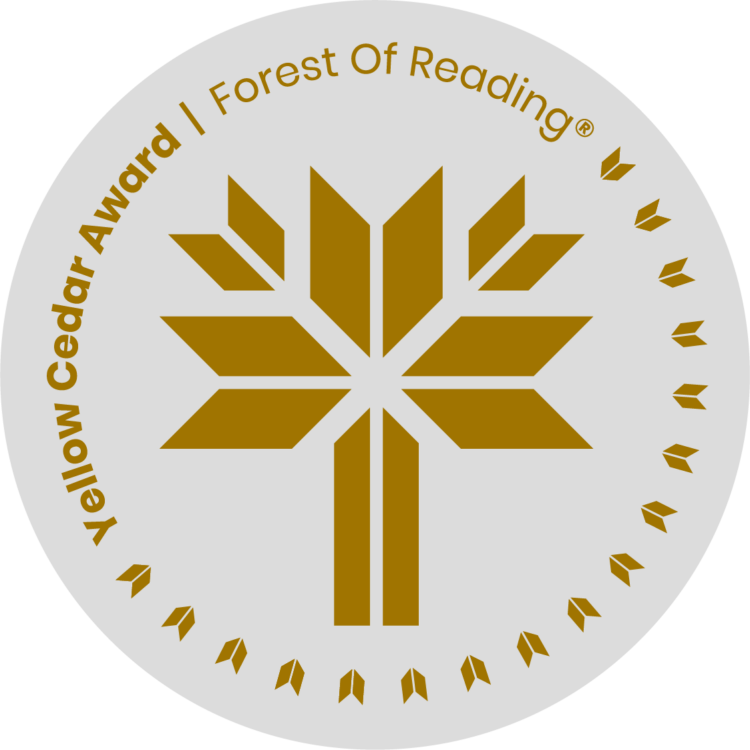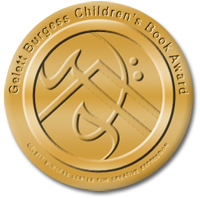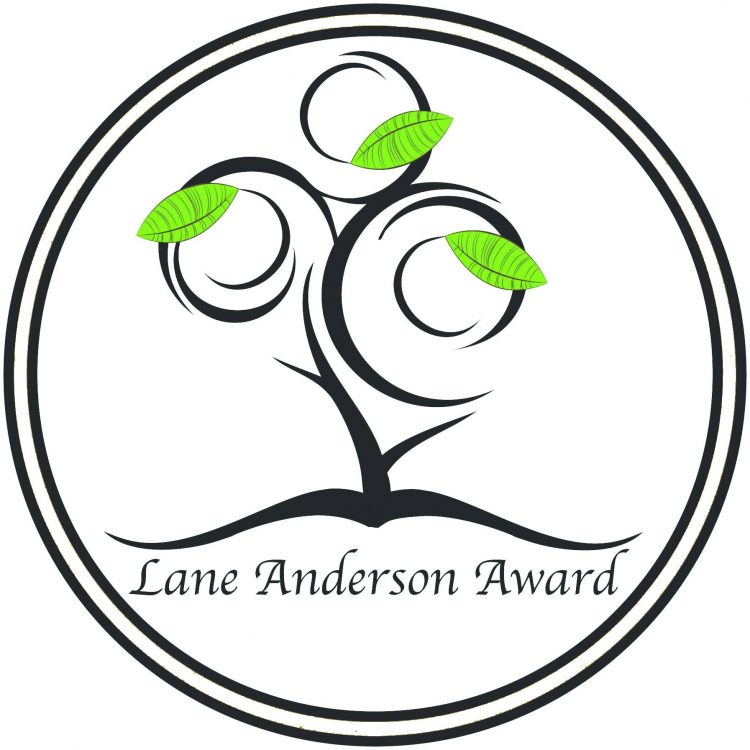Explore Books
by L.E. Carmichael
Interesting, engaging, and often surprising, Lindsey’s books captivate readers while supporting curriculum. From animals and the environment to medicine and technology, there’s something to spark the curiosity of every young reader.
Early Reader
How Do Video Games Work?
Video games today are more advanced than ever. Players can explore virtual worlds. They can play with friends online. But how do video games work? What are the parts inside a game console?
Details
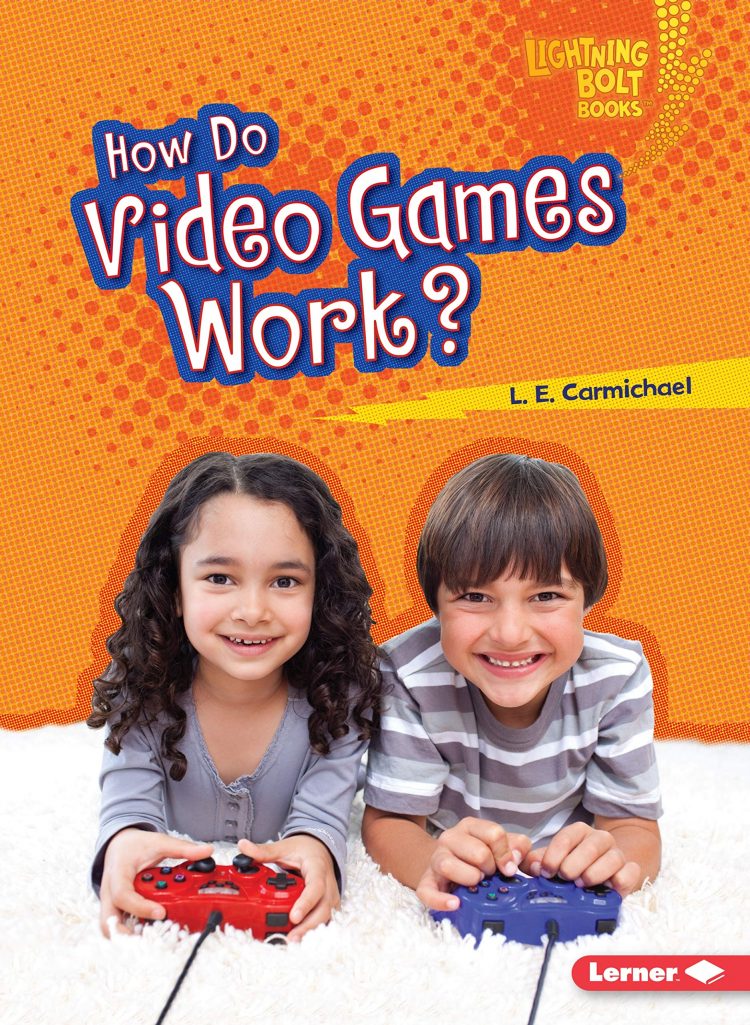
How Do Video Games Work?
Video games today are more advanced than ever. Players can explore virtual worlds. They can play with friends online. But how do video games work? What are the parts inside a game console?
Reviews
What Are Programs and Apps?
Programs and apps make computers useful. They let you do homework on laptops. They let you play games on smartphones and tablets. What programs and apps are the most important? Who makes them?
Details
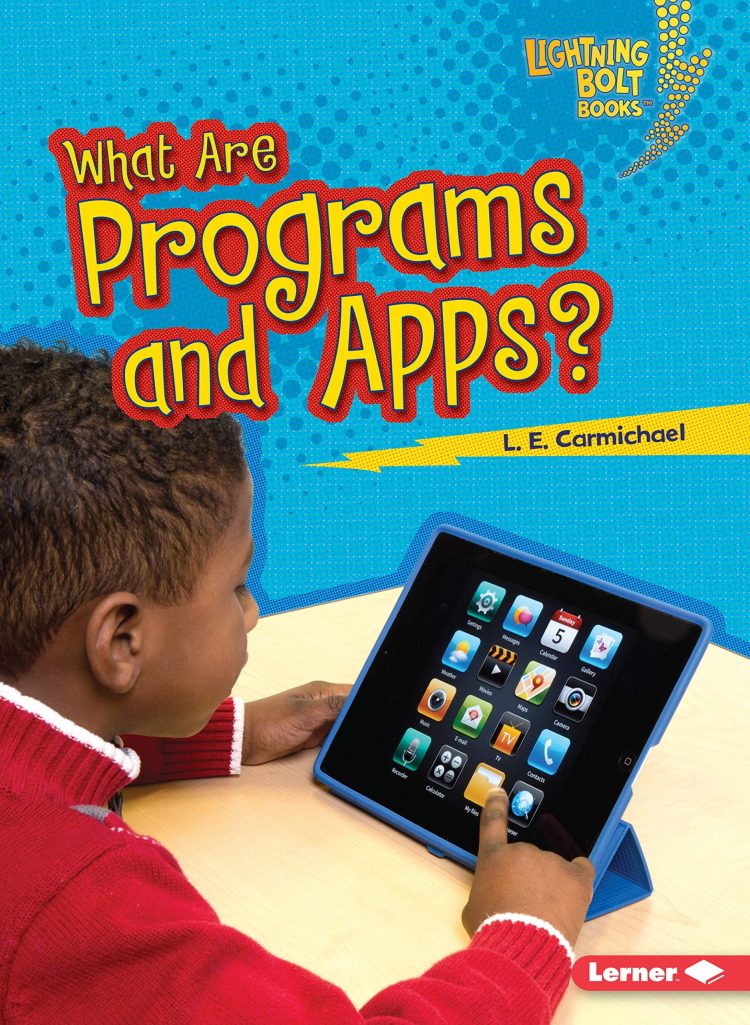
What Are Programs and Apps?
Programs and apps make computers useful. They let you do homework on laptops. They let you play games on smartphones and tablets. What programs and apps are the most important? Who makes them?
Reviews
Humpback Whale Migration
Explains how humpback whales live and grow; discusses their migration, its purpose, and its route; and lists threats humpback whales may face on their migration.
Details

Humpback Whale Migration
Explains how humpback whales live and grow; discusses their migration, its purpose, and its route; and lists threats humpback whales may face on their migration.
Reviews
Locust Migration
Explains how locusts live and grow; discusses their migration, its purpose, and its route; and lists threats locusts may face on their migration.
Details
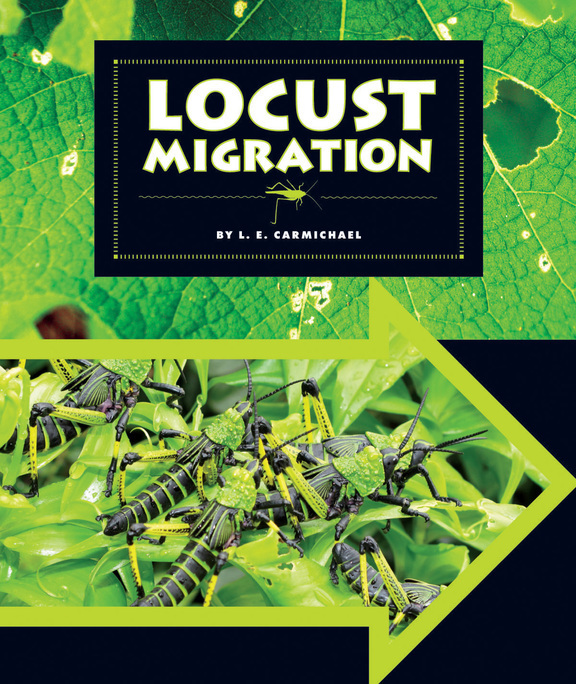
Locust Migration
Explains how locusts live and grow; discusses their migration, its purpose, and its route; and lists threats locusts may face on their migration.
Reviews
Wildebeest Migration
Explains how wildebeest live and grow; discusses their migration, its purpose, and its route; and lists threats wildebeest may face on their migration.
Details
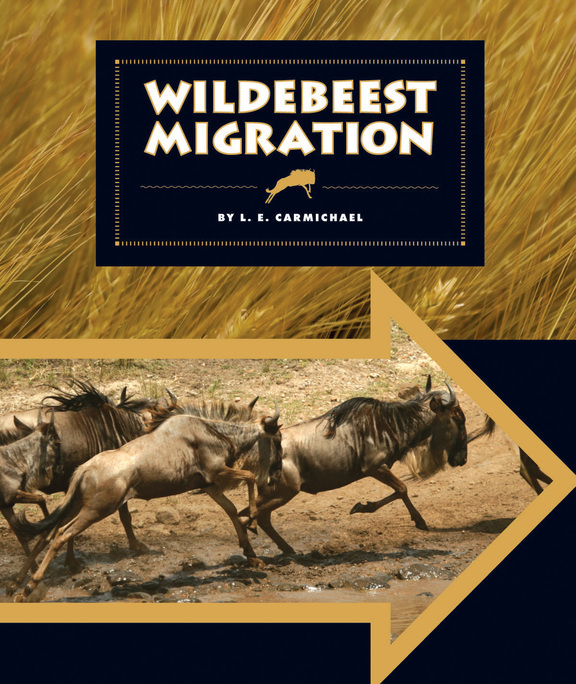
Wildebeest Migration
Explains how wildebeest live and grow; discusses their migration, its purpose, and its route; and lists threats wildebeest may face on their migration.
Reviews
Zebra Migration
Explains how zebras live and grow; discusses their migration, its purpose, and its route; and lists threats zebras may face on their migration.
Details
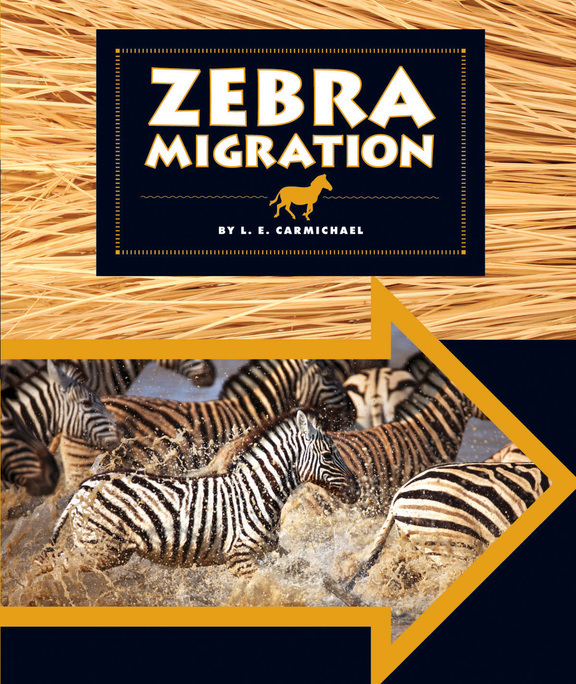
Zebra Migration
Explains how zebras live and grow; discusses their migration, its purpose, and its route; and lists threats zebras may face on their migration.
Reviews
Middle Grades
Polar: Wildlife at the Ends of the Earth
The Arctic and Antarctica, at opposite ends of the Earth, have much in common: bitter cold, ferocious winds and darkness lasting six months. Despite these harsh conditions, many animals have adapted to stay alive in the polar regions. This evocative and beautifully illustrated book from the award-winning team of author L. E. Carmichael and illustrator Byron Eggenschwiler explores how animals at opposite ends of the Earth survive using similar adaptations. There’s the arctic fox who is protected from the ice by the fur on the soles of her feet, the emperor penguins huddling in groups around their chicks to keep everyone warm, and the narwhal using echolocation to find a crack in the surface ice to breathe. It’s a fascinating journey through a year in the polar regions, where animals don’t just survive – they thrive!
Details
Polar: Wildlife at the Ends of the Earth
From the author of the critically acclaimed The Boreal Forest, a stunning exploration of the animals that have adapted to survive in Earth’s harsh polar regions.
The Arctic and Antarctica, at opposite ends of the Earth, have much in common: bitter cold, ferocious winds and darkness lasting six months. Despite these harsh conditions, many animals have adapted to stay alive in the polar regions. This evocative and beautifully illustrated book from the award-winning team of author L. E. Carmichael and illustrator Byron Eggenschwiler explores how animals at opposite ends of the Earth survive using similar adaptations. There’s the arctic fox who is protected from the ice by the fur on the soles of her feet, the emperor penguins huddling in groups around their chicks to keep everyone warm, and the narwhal using echolocation to find a crack in the surface ice to breathe. It’s a fascinating journey through a year in the polar regions, where animals don’t just survive – they thrive!
Each spread in the book is devoted to a month and includes a themed introduction and two stories on opposites pages, one about an animal in the Arctic and one about an animal in Antarctica. Extra spreads cover topics such as seasons, winter weather and types of ice. The book concludes with a timely description of the disruptions that climate change is causing to the polar regions, and how this will have global consequences. A glossary, further reading, author’s sources, an index and ideas for what children can do to help are included. There are strong life science curriculum applications here in animal habitats and animal adaptation, migration, hibernation and cooperation.
Click here to download the free Teachers’ Guide from Kids Can Press.
Click here for Polar Presents: The Official Activity Guide and Other Free Resources Around the Web
Best Of Lists:
IndigoKids Christmas Gift Guide – 2023
Chicago Public Library – Best Informational Books for Older Readers 2023
Starred Selection in CCBC’s Best Books for Children and Teens (Fall 2023)
Reviews
Where to Buy
The Boreal Forest: A Year in the World’s Largest Land Biome
The vast boreal forest spans a dozen countries in the northern regions like "a scarf around the neck of the world," making it the planet's largest land biome. Besides providing homes for a diversity of species, this spectacular forest is also vitally important to the planet: its trees clean our air, its wetlands clean our water and its existence plays an important role in slowing global climate change. In this beautifully written book, award-winning author L. E. Carmichael explores this special wilderness on a tour of the forest throughout the four seasons, from one country to another. Evocative watercolour and collage artwork by award-winning illustrator Josée Bisaillon provides a rare glimpse of one of the world's most magnificent places.
Details
The Boreal Forest: A Year in the World’s Largest Land Biome
The vast boreal forest spans a dozen countries in the northern regions like “a scarf around the neck of the world,” making it the planet’s largest land biome. Besides providing homes for a diversity of species, this spectacular forest is also vitally important to the planet: its trees clean our air, its wetlands clean our water and its existence plays an important role in slowing global climate change. In this beautifully written book, award-winning author L. E. Carmichael explores this special wilderness on a tour of the forest throughout the four seasons, from one country to another. Evocative watercolour and collage artwork by award-winning illustrator Josée Bisaillon provides a rare glimpse of one of the world’s most magnificent places.
With excellent STEM applications in earth science and life science, this enjoyable book aims to foster environmental awareness of and appreciation for this crucial forest and its interconnections with the entire planet. In a unique approach, the text features a lyrical fictional narrative describing the wildlife in a specific part of the forest, paired with informational sidebars to provide further understanding and context. Also included are a world map of the forest, infographics on the water cycle and the carbon cycle, a glossary, resources for further reading, author’s sources and an index. This book has been reviewed by experts and was written in consultation with Indigenous peoples who live in the boreal forest region.
Click here to download the free Teaching Guide for The Boreal Forest
Click here for The Great Big Boreal Forest Resource List, including a free downloadable activity guide.
Best Of Lists:
Bank Street College of Education – Best Books of the Year 2021, 9-12-years-old
Chicago Public Library – Best Informational Books for Older Readers of 2020
Ontario Library Association – Best Bets of 2020
American Library Association – Top 10 Sustainability-Themed Children’s Books 2021
Reviews
Where to Buy
Forensics in the Real World
First, learn what forensics is and how it came to be. Then, peek inside the daily lives of the real crime scene investigators, forensic specialists, and research scientists that help solve crimes every day. Includes insight into real cases and plenty of info on what it takes to do these important jobs.
Details

Forensics in the Real World
Forensic scientists study crime scenes, examine evidence, and invent new ways to solve crimes. Forensics in the Real World examines the history of this field, what forensic scientists do today, and what’s next for this branch of science. Easy-to-read text, vivid images, and helpful back matter give readers a clear look at this subject. Features include a table of contents, infographics, a glossary, additional resources, and an index. Aligned to Common Core Standards and correlated to state standards.
Reviews
Innovations in Entertainment
Imagine a time when video games did not exist! You might not realize that there was once a world without your favorite entertainment forms. From games and music to electronic television and downloadable movies, this title looks at major innovations in entertainment over the years, and the ingenious inventors, scientists, and engineers who made them. With a little inventive thinking, what might you create to help us learn new things, enjoy our free time, and connect with each other?
Details

Innovations in Entertainment
Imagine a time when video games did not exist! You might not realize that there was once a world without your favorite entertainment forms. From games and music to electronic television and downloadable movies, this title looks at major innovations in entertainment over the years, and the ingenious inventors, scientists, and engineers who made them. With a little inventive thinking, what might you create to help us learn new things, enjoy our free time, and connect with each other?
Reviews
Innovations in Health
You might be shocked to discover how some illnesses and diseases were treated years before medical innovations were made. This book will make you feel lucky that you were born after many safe and successful ways were developed to treat illnesses and save lives. Learn about important innovations made in health care that we now take for granted, and the amazing scientists, inventors, and engineers who developed them. With a little inventive thinking, how could you come up with a way to keep you and your family healthy?
Details
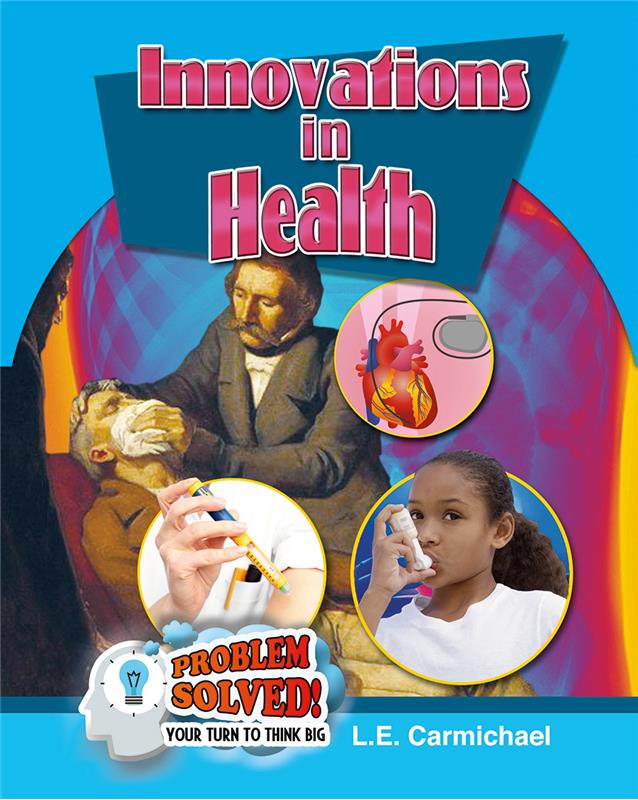
Innovations in Health
You might be shocked to discover how some illnesses and diseases were treated years before medical innovations were made. This book will make you feel lucky that you were born after many safe and successful ways were developed to treat illnesses and save lives. Learn about important innovations made in health care that we now take for granted, and the amazing scientists, inventors, and engineers who developed them. With a little inventive thinking, how could you come up with a way to keep you and your family healthy?
Reviews
The Science Behind Gymnastics
Behind every jump, spin, and flip of Olympic gymnastics, science is at work. Centrifugal force is at work in a midair spin, and centre of gravity is involved in balance beam routines. Newton’s Third Law of Motion springs into action as a gymnast flies into the air in the vaulting event. Find out how science is involved in all your favourite gymnastics events and how gymnasts take science into account as they chase the gold medal.
Details

The Science Behind Gymnastics
Behind every jump, spin, and flip of Olympic gymnastics, science is at work. Centrifugal force is at work in a midair spin, and centre of gravity is involved in balance beam routines. Newton’s Third Law of Motion springs into action as a gymnast flies into the air in the vaulting event. Find out how science is involved in all your favourite gymnastics events and how gymnasts take science into account as they chase the gold medal.
Reviews
Where to Buy
How Can We Reduce Agricultural Pollution?
Everyone needs to eat, yet farming is a major cause of pollution around the world. But did you know that certain types of farming create less pollution than others? Or that some types of waste can be made into energy? Investigate what we can do to reduce agricultural pollution.
Details

How Can We Reduce Agricultural Pollution?
Everyone needs to eat, yet farming is a major cause of pollution around the world. But did you know that certain types of farming create less pollution than others? Or that some types of waste can be made into energy? Investigate what we can do to reduce agricultural pollution.
Reviews
Discover Forensic Science
Forensic scientists study evidence to figure out who committed a crime. But how do they determine the cause of death? And how do they use trained dogs and devices to track scents? Learn about the latest tools and techniques in use by forensic scientists, and discover how their work helps bring criminals to justice.
Details
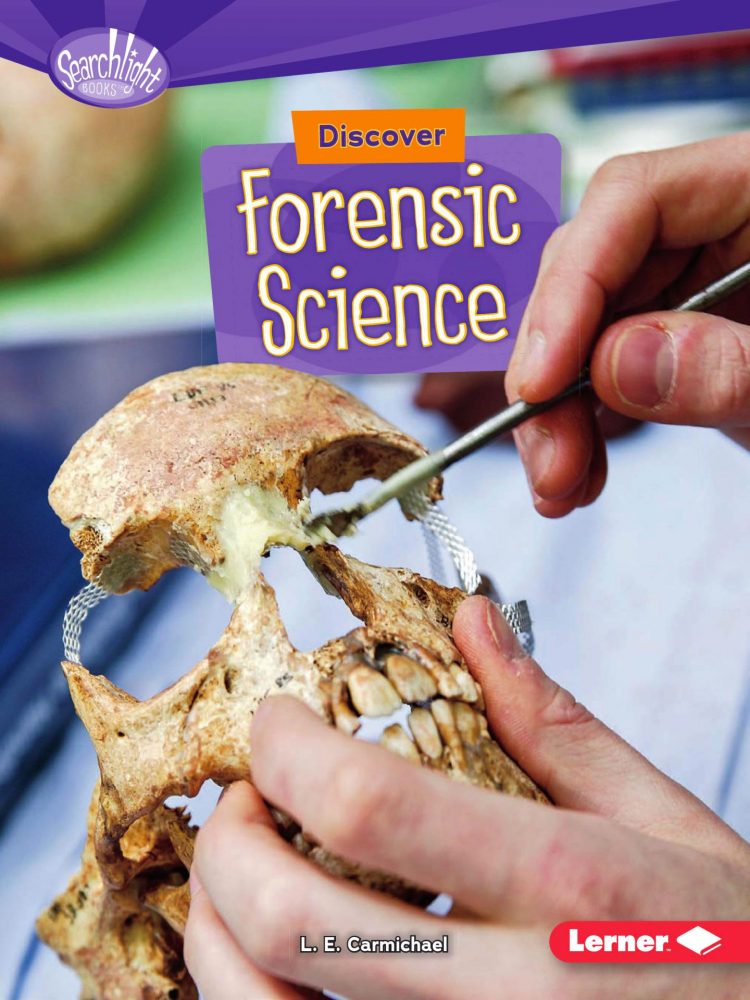
Discover Forensic Science
Forensic scientists study evidence to figure out who committed a crime. But how do they determine the cause of death? And how do they use trained dogs and devices to track scents? Learn about the latest tools and techniques in use by forensic scientists, and discover how their work helps bring criminals to justice.
Reviews
Fox Talk: How Some Very Special Animals Helped Scientists Understand Communication
When you talk to a dog, does the dog talk back? Many people think so. But for a long time, scientists didn't know how our furry friends learned to communicate with people. Packed with eye-popping photos and first-hand research, Fox Talk reveals the story of these amazing animals... and everything they've taught us about wolves, dogs, and communication.
Details
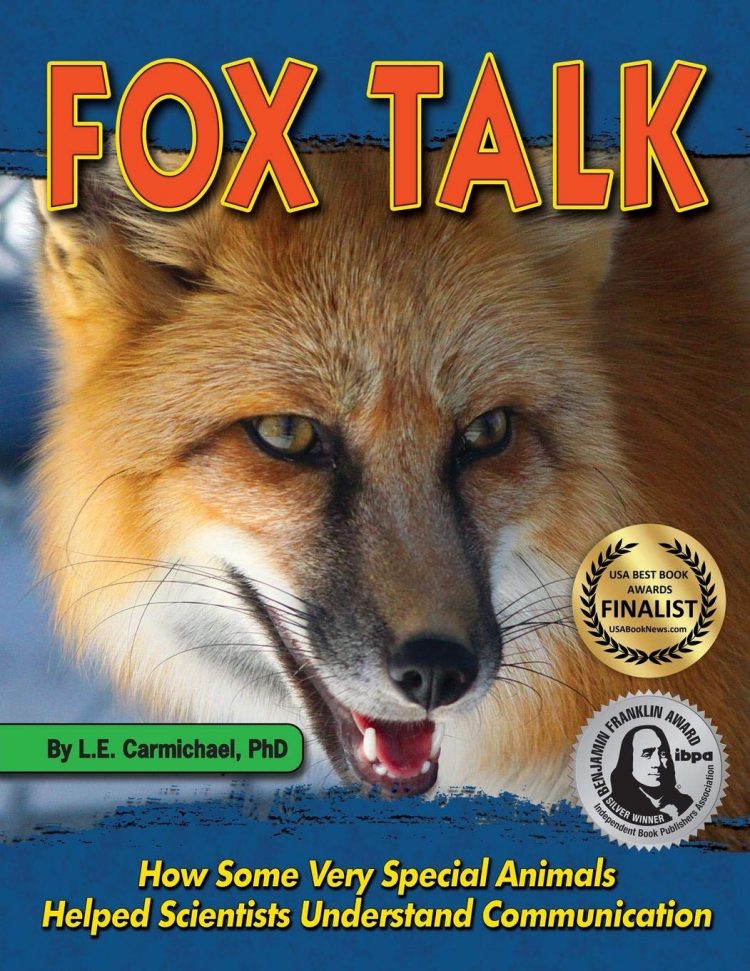
Fox Talk: How Some Very Special Animals Helped Scientists Understand Communication
When you talk to a dog, does the dog talk back?
Many people think so. But for a long time, scientists didn’t know how our furry friends learned to communicate with people.
Luckily, Russian scientist Dmitri Belyaev had a plan. If he could tame wild red foxes, he could learn how dogs first came from wolves. By studying the way these foxes changed during domestication, the mystery of communication would be solved at a last.
More than 50 years after the experiment began, Belyaev’s foxes have become so tame, you can have one as a pet! Packed with eye-popping photos and first-hand research, Fox Talk reveals the story of these amazing animals… and everything they’ve taught us about wolves, dogs, and communication.
Note: Fox Talk has gone out of print, but used copies may still be available online.
Reviews
The Scientific Method in the Real World
Examines the history of the scientific method and describes each of its components, which include making observations, asking questions, creating hypotheses, running experiments, and looking for patterns in the results.
Details
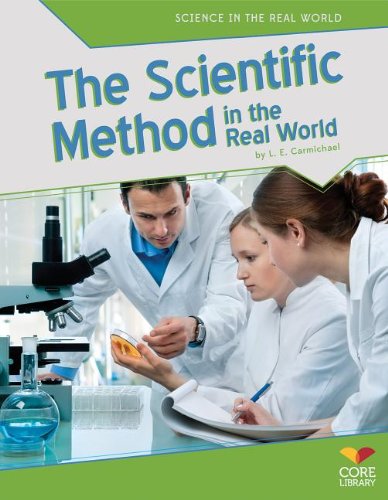
The Scientific Method in the Real World
Explore the scientific method! This book uses real-world examples to bring the concept of the scientific method to life in an approachable way. Clearly-written text draws in readers with concrete examples involving familiar, everyday things. The book covers the history of and key figures in the understanding of the scientific method, including Aristotle, Galileo, Isaac Newton, and Charles Darwin. Major concepts covered include the four steps of the scientific method (observe, explain, experiment, share), forming a hypothesis, Ockham’s razor, theories, variables, controls, and bias. Full-color photos, a glossary, an index, sidebars, primary source documents, and other creative content enhance the book. It also includes prompts and activities that directly engage students in developing the reading, writing, and critical thinking skills promoted by the Common Core standards. This well-researched title has a credentialed content consultant and aligns with Common Core and state standards.
Reviews
Young Adult
Forensic Science: In Pursuit of Justice
This book explores how forensic science first developed. It covers the history of DNA fingerprinting, autopsy and anthropology, chemistry and toxicology, ballistics, blood spatter analysis, fingerprints, trace evidence, and questioned documents, with emphasis on key scientists and landmark cases. Current issues in forensic science, and the future of the field, are also discussed.
Details
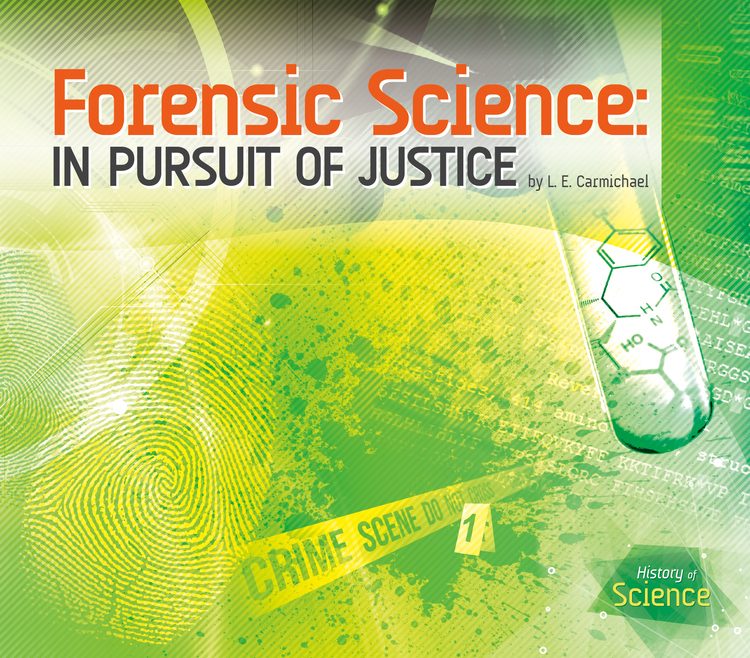
Forensic Science: In Pursuit of Justice
This title presents the history of forensics. Vivid text details how early studies of toxic chemicals and firearm analysis led to modern scientific crime solving techniques. It also puts a spotlight on the brilliant scientists who made these advances possible. Useful sidebars, rich images, and a glossary help readers understand the science and its importance. Maps and diagrams provide context for critical discoveries in the field. Aligned to Common Core Standards and correlated to state standards.
Reviews
Fuzzy Forensics: DNA Fingerprinting Gets Wild
Explore real cases that take you from the crime scene to the laboratory to the courtroom. See how scientists use DNA fingerprints to identify endangered species, match wild parents with their babies, or trace an animal victim’s home country. Become a wildlife detective by tackling four crime-busting experiments.
Details
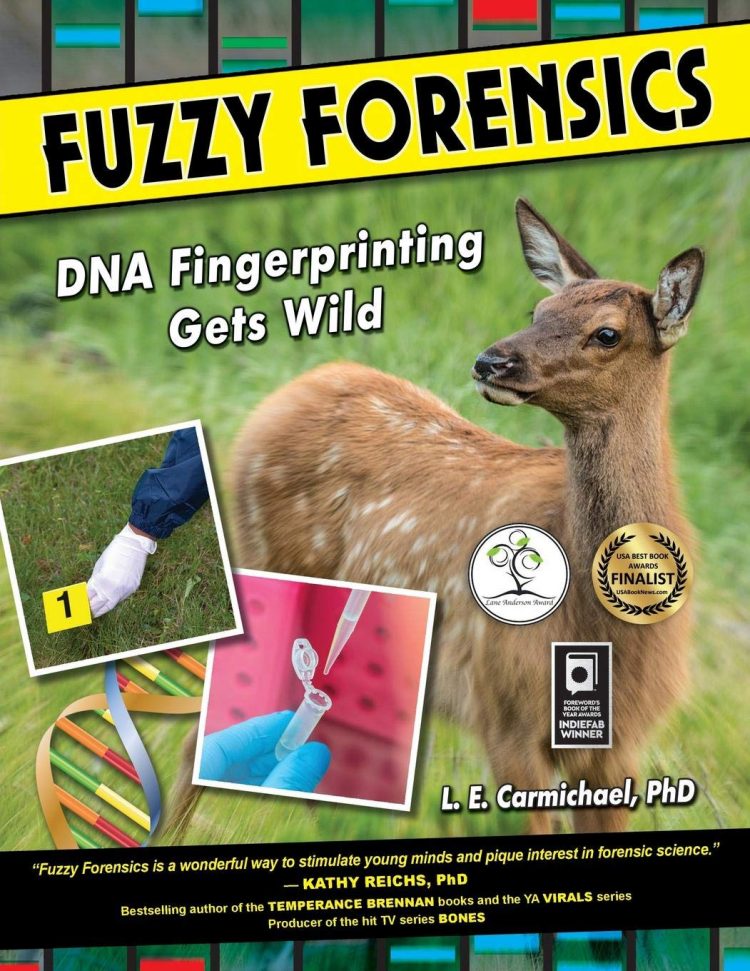
Fuzzy Forensics: DNA Fingerprinting Gets Wild
A wild elk and her calf, held behind the fences of a Canadian game ranch. Endangered parrots captured in the wild and sold as pets. African elephants butchered for the ivory in their tusks. In Fuzzy Forensics: DNA Fingerprinting Gets Wild, you’ll discover how witnesses, conservation officers, veterinarians, and scientists join forces to solve countless crimes against wildlife, all around the world.
Explore real cases that take you from the crime scene to the laboratory to the courtroom. See how scientists use DNA fingerprints to identify endangered species, match wild parents with their babies, or trace an animal victim’s home country. Become a wildlife detective by tackling four crime-busting experiments.
Containing vivid images, interviews with experts, and tons of hair-raising facts, Fuzzy Forensics will convince you that the only difference between solving human crimes and wildlife ones is the fur.
Note: Fuzzy Forensics has gone out of print, but used copies may still be available online.
Reviews
Amazing Feats of Civil Engineering
This book introduces engineering concepts like settlement, load and sustainability through in-depth examination of three projects: Confederation Bridge, the Burj Khalifa, and the Panama Canal. It also explores both the history and future of this foundational field of engineering.
Details

Amazing Feats of Civil Engineering
Engineers design our modern world. They combine science and technology to create incredible vehicles, structures, and objects. This title examines amazing feats of civil engineering. Engaging text explores massive bridges, the world’s tallest skyscraper, and the Panama Canal. It also examines the engineers who made these projects a reality and traces the history of the discipline. Relevant sidebars, stunning photos, and a glossary aid readers’ understanding of the topic. A hands-on project and career-planning chart give readers a sense of what it takes to become an engineer. Additional features include a table of contents, a selected bibliography, source notes, and an index, plus essential facts about each featured feat of engineering. Aligned to Common Core standards and correlated to state standards.
Reviews
Living with Obesity
Part cutting-edge science and part self-help, the main audience is teens dealing with obesity, but members of their support networks and people interested in learning about the causes and consequences of obesity will also find this book helpful.
Details

Living with Obesity
Living with Obesity features fictional narratives paired with firsthand advice from a medical expert to help preteens and teenagers feel prepared for dealing with obesity during adolescence. Topics include causes and risk factors, complications, tests and diagnosis, treatment methods, coping strategies, and giving and getting support. Throughout the book, Ask Yourself This questions encourage discussion. Features include a selected bibliography, further readings, Just the Facts summary of medical facts about obesity, Where to Turn summary of key advice that includes contact information for helpful organizations, a glossary, source notes, and an index. Aligned to Common Core Standards and correlated to state standards.
Reviews
Living With Scoliosis
Part cutting-edge science and part self-help, the main audience is teens dealing with scoliosis, but members of their support networks and people interested in learning about the causes and consequences of the condition will also find this book helpful.
Details
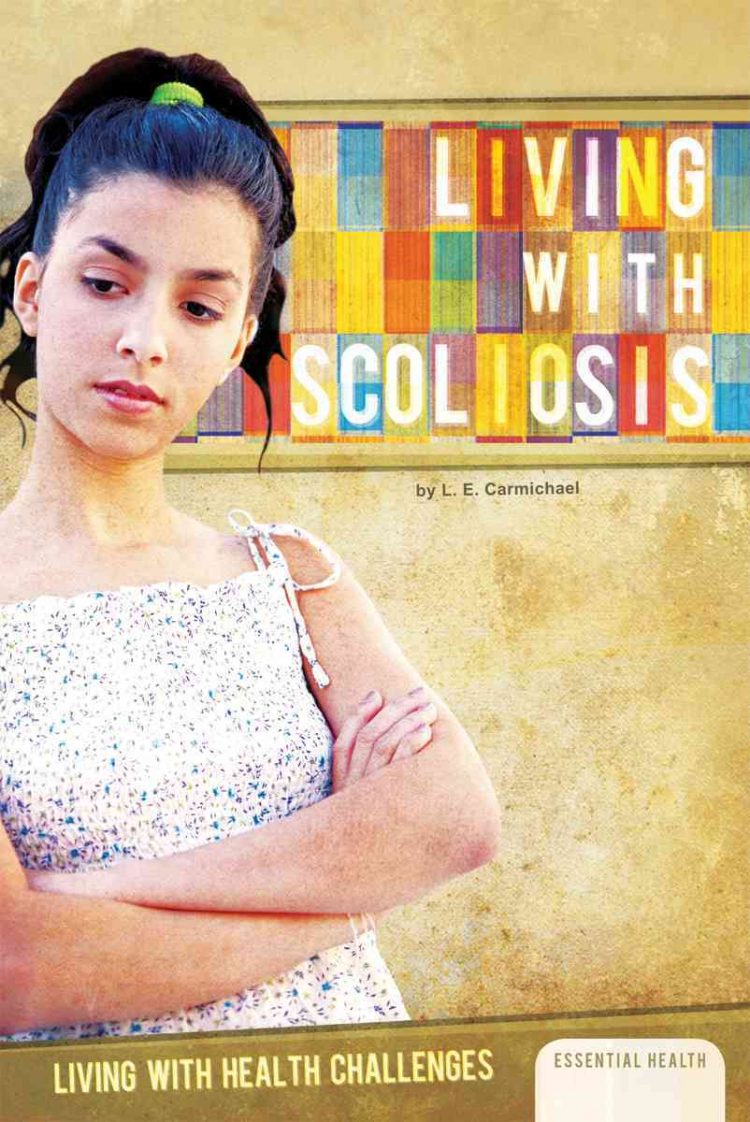
Living With Scoliosis
Living with Scoliosis features fictional narratives paired with firsthand advice from a medical expert to help preteens and teenagers feel prepared for dealing with scoliosis during adolescence. Topics include causes and risk factors, complications, tests and diagnosis, treatment methods, coping strategies, and giving and getting support. Throughout the book, Ask Yourself This questions encourage discussion. Features include a selected bibliography, further readings, Just the Facts summary of medical facts about scoliosis, Where to Turn summary of key advice that includes contact information for helpful organizations, a glossary, source notes, and an index. Aligned to Common Core Standards and correlated to state standards.
Reviews
Hybrid and Electric Vehicles
This book covers the history of alternative vehicle technology and the breakthroughs that are making it competitive in today’s energy environment.
Details

Hybrid and Electric Vehicles
As our world’s population grows, so too does our need for energy. Scientists seek the next breakthrough in new technology while constantly finding ways to make current solutions cheaper and more efficient. In this title, discover what hybrid and electric vehicles are, their history, how we use them today, and how new technologies can contribute to our energy future. Learn about exciting new ways to power cars, including plug-in hybrid technology, lithium batteries, fuel cells, and solar-electric systems. Sidebars, full-color photos, full-spread diagrams, well-placed graphs, charts, and maps, stories highlighting innovations in action, and a glossary enhance this engaging title. Aligned to Common Core Standards and correlated to state standards.
Reviews
Gene Therapy
Gene Therapy covers the history and development of this fascinating science, and includes the most recent information on the state of the field.
Details

Gene Therapy
Amazing medical breakthroughs are made every day. In the past decades, medical researchers have cured diseases that were once deadly and devised new methods to heal that were once unimaginable. This title follows the development of gene therapy, including the discovery of DNA, groundbreaking discoveries and the doctors who made them, and where the science is heading in the future. Learn how gene therapy works and why future applications of the technology will be controversial. Sidebars, full-color photos, a glossary, and well-placed graphs, charts, and maps, enhance this engaging title. Aligned to Common Core Standards and correlated to state standards.


